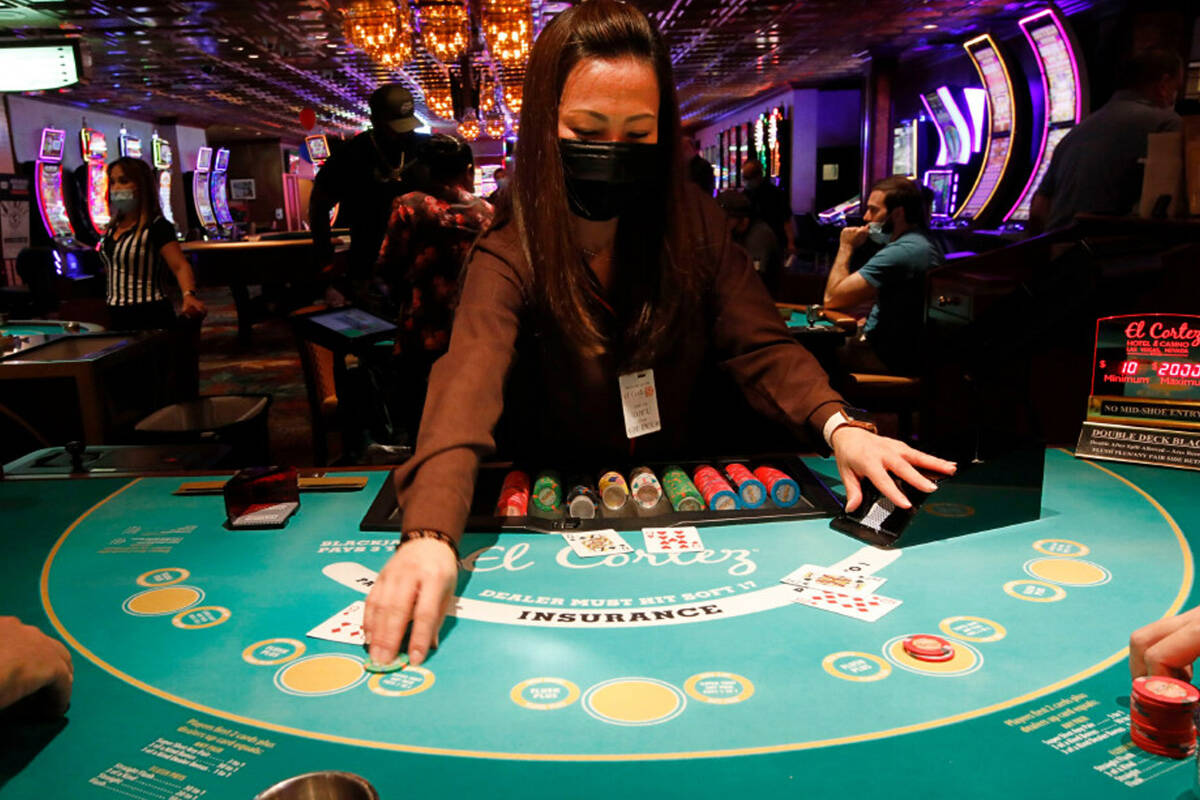
Gambling in casinos has long been a subject of fascination and controversy, attracting millions of players around the world. With a blend of luck, strategy, and the excitement of uncertainty, casino games offer an exhilarating escape from everyday life. However, as entertainment becomes ever more accessible, it invites a more thorough examination of the morality surrounding these games.
At the heart of the debate lies the question of whether casinos promote responsible gaming or exploit at-risk individuals. The allure of potential winnings versus the reality of losses can create a challenging situation, and understanding this balance is essential for both players and operators. As we delve into the ethics of casino gaming, we will explore the duties of casinos, the effects on society, and the steps that can be taken to foster a better gaming environment.
The Impact of Casino Gaming on Society
Gambling in casinos has a notable influence on the community, affecting not only the economy but also social behaviors and community structures. The income generated from casinos can lead to employment opportunities and boost local economies, as they provide multiple employment opportunities in multiple fields including hospitality, leisure activities, and shopping. However, while the economic advantages can be significant, communities often struggle with the possible negative impacts that arise from higher gambling activity.
Additionally, the presence of casinos can lead to an increase in gambling addiction, presenting serious challenges for individuals and families. The excitement of casino games can quickly evolve into a habitual habit, affecting personal relationships and leading to monetary issues. đá gà trực tiếp Many players may struggle with the loss of control over their gambling habits, resulting in a need for assistance programs and interventions to address this growing issue. The social cost of gambling addiction can ripple through families and neighborhoods, creating an urgent need for sensible gambling approaches.
In addition to the economic and social consequences, casino gaming often showcases cultural attitudes towards risk and leisure. It can encourage a sense of excitement and leisure, attracting tourists and boosting local travel. However, this allure may also conceal the wider implications of gambling as a method of entertainment, provoking ethical questions about its advertisement and availability. As communities weigh the benefits and drawbacks of casino gaming, the need for responsible practices and regulation becomes increasingly critical in ensuring that the positive aspects are enhanced while reducing the negative effects.
Moral Concerns in Gambling Practices
The ethics of gambling gaming often center around the potential for addiction and its consequences on people and households. Betting can lead to serious monetary distress, impacting not only the gamblers but also their loved ones. As individuals become caught in the allure of winning, many lose sight of their budget, which can result in devastating results such as insolvency. This raises moral questions about the responsibility of gambling establishments in fostering safe gambling practices and offering support for those who may be struggling with gambling addiction.
Another critical concern is the advertising of gambling to vulnerable groups. Gambling establishments often aim at low-income individuals or neighborhoods with the offer of quick gains, which can continue cycles of financial struggle and hopelessness. In this context, the morality of advertising strategies used by gambling establishments come under scrutiny, as they may take advantage of the need of individuals seeking an escape from economic troubles. This manipulation raises ethical questions about the integrity of the gambling industry and its responsibility to safeguard its most vulnerable patrons.
Additionally, the impact of casino gaming on the community as a entirety cannot be overlooked. While some argue that casinos create jobs and stimulate local economies, others point to the social costs associated with dysfunctional gambling, increased crime rates, and a strain on public resources. Balancing economic benefits with the potential for social harm presents a challenging ethical dilemma for policymakers and casino operators alike. The challenge lies in discovering a ethical approach that takes into account the well-being of people and communities while still permitting for the enjoyment of casino gaming.
Regulation System and Duties
The regulatory framework surrounding gambling operations is designed to ensure justice, integrity, and participant safety. Multiple government bodies and gaming commissions set and enforce regulations that dictate how casino activities function, the standards for activity development, and the processes for managing prizes. These regulations change by jurisdiction but usually involve permit requirements for providers and rigorous measures to prevent fraud and dishonesty.
In addition to governing bodies, casino businesses bear major responsibility in maintaining moral standards within their venues. They must adopt ethical gaming practices that encourage gambler safety and awareness, including providing self-limitation options and offering information about the dangers associated with gambling. Casinos are also responsible for educating workers to spot signs of compulsive gambling and know the correct steps to help patrons in need.
Additionally, clarity in gambling operations is crucial for earning and keeping public confidence. Gaming establishments should offer clear details about the chances of games, marketing offers, and any connected hazards. By promoting an atmosphere of honesty and responsibility, operators can help reduce the potential adverse impact of betting while enhancing the overall gambling experience for all participants.